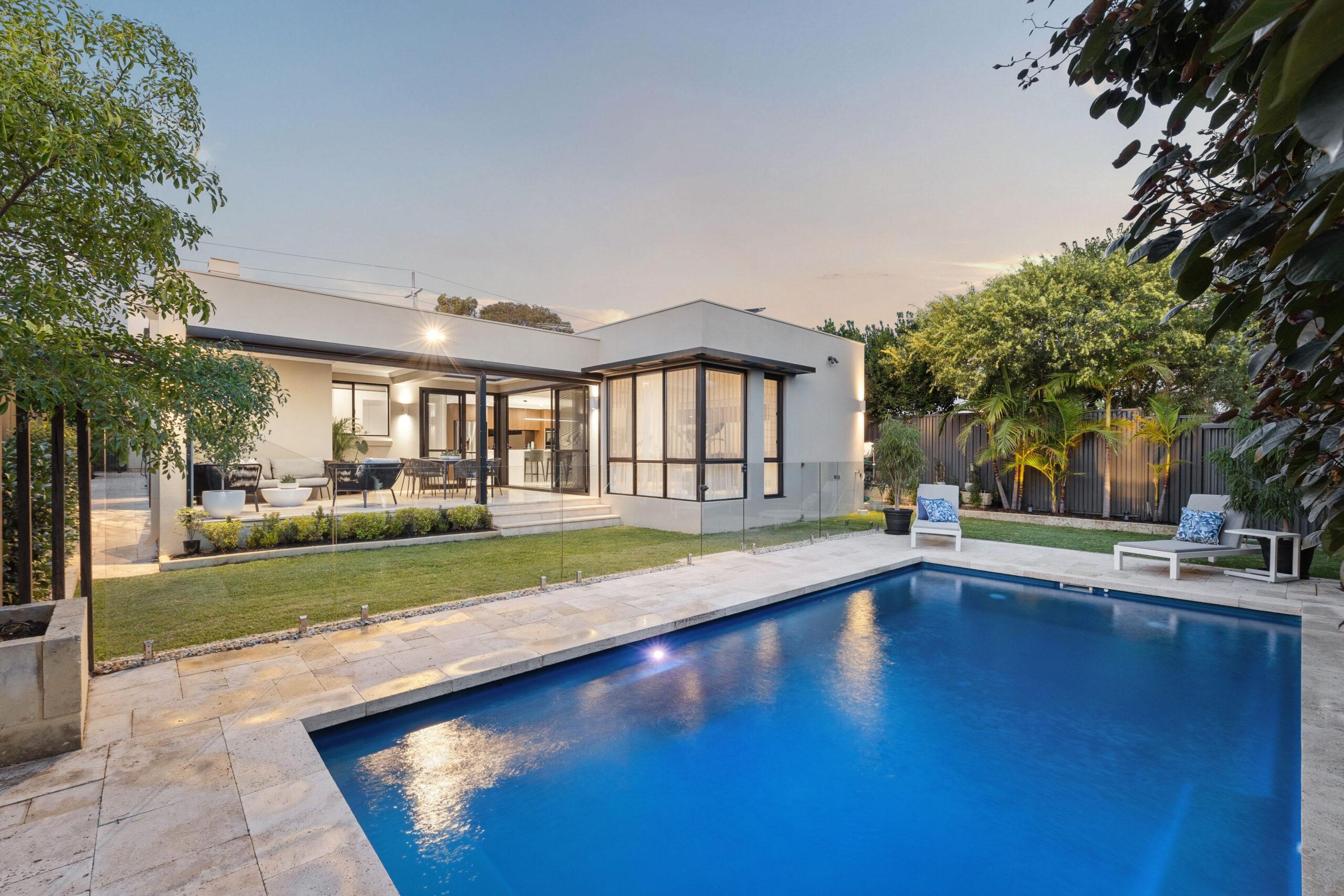
A Beginner's Guide To Buying A Home To Renovate
With Perth property prices remaining high, there’s a growing appeal of renovating at the moment. Buying a house to renovate can be a rewarding investment if done properly, and with some great fixer-upper homes on the market, it's a perfect time to consider purchasing a property you can renovate over time. Fixer-upper properties can offer great returns, no matter the state of the real estate market. However, before you jump into the excitement of buying, there are a few important considerations to keep in mind.
What Makes the Perfect Fixer-Upper Property?
The best type of house to renovate is one that will attract a lot of buyer interest in the future, but isn't in high demand right now because it needs a little TLC. Superficial defects like peeling paint, worn carpets, and outdated fixtures shouldn't put you off from buying. These flaws are easy to fix or replace. Many buyers struggle to see past these imperfections, so homes like this can often linger on the market. But if you're willing to put in some elbow grease, a fixer-upper like this could be just what you’re looking for.
What To Avoid In A Fixer-Upper
Not all properties are suitable for renovating, and turning a rundown house into a desirable one depends on a number of factors:
Location
One of the most important factors when buying a house is the location and the lifestyle that comes with it. Consider the impact of renovating a house located near a busy intersection, next door to a school, or uncomfortably close to a loud or smelly industrial area. Even the nicest homes can struggle to sell if they are in undesirable locations. Instead, look for a nearby neighbourhood or one that is up-and-coming - you'll be more likely to sell at a profit down the line. There’s a reason people say, ‘buy the worst house on the best street’ and not the other way around!
Floorplan
A good floorplan is crucial. Avoid houses with awkward configurations, like a three-bedroom home where you can only access the bedrooms through a tiny walk-through kitchen. This layout is impractical, especially for families with young children. You want to look for a home that has a natural flow and resist the urge to impulsively plan on knocking down walls...it’s not as easy as you might think! Keep in mind that bedrooms at opposite ends of the house or split between two levels won’t appeal to buyers with young children. The kitchen's layout is also key – while it can be renovated, you won’t want to move its location. A kitchen with more than one entrance is also very attractive, but make sure it doesn't turn into a thoroughfare.
Condition
All fixer-upper properties will obviously need work, and while some cosmetic issues are easy to repair and usually inexpensive, issues with the home’s foundation or those needing complete remodelling will make the cost of renovating a lot more than it should be, and you may end up overcapitalising on your investment.
Problems that are easy to fix include:
- Peeling paint and wallpaper
- Dull floorboards, loose tiles, or old carpet
- Ceiling fans and light fixtures
- Old outlets and light switches
- Broken window panes
- Leaky toilet seals
- Repainting kitchen cabinets or installing new ones
- Repairing old doors or replacing them with new ones
- Painting the exterior
- Building a deck
Expensive repairs to thoroughly assess before buying include:
- Adding central air conditioning
- Fixing foundations
- Replacing or repairing the roof
- Replacing all plumbing, sewer lines, and electrical wiring
- Creating new driveways, sidewalks, or steps
- Installing new windows throughout the home
- Completely remodelling the kitchen or bathrooms
- Building a garage or additional room
- Knocking down walls
If you think buying a fixer-upper is right for you, it's crucial to consider the long-term financial aspects. This means thoroughly assessing the cost of future renovations and factoring these into your offer to ensure you can afford this type of investment. It can be tempting to focus solely on getting the house and push the future costs to one side, but it’s important to understand what’s involved and whether it’s an investment likely to generate a return.
The main takeaway is to avoid properties with costly and complicated repairs and to consider the location and whether it will impact the home’s value. You’ll also want to consider your own building knowledge and renovation expertise before jumping into a fixer-upper that could take years to renovate. If you’re thinking about a fixer-upper and need some advice or want to see what properties we have that would be perfect, get in touch by emailing us at hello@duetproperty.com.au.